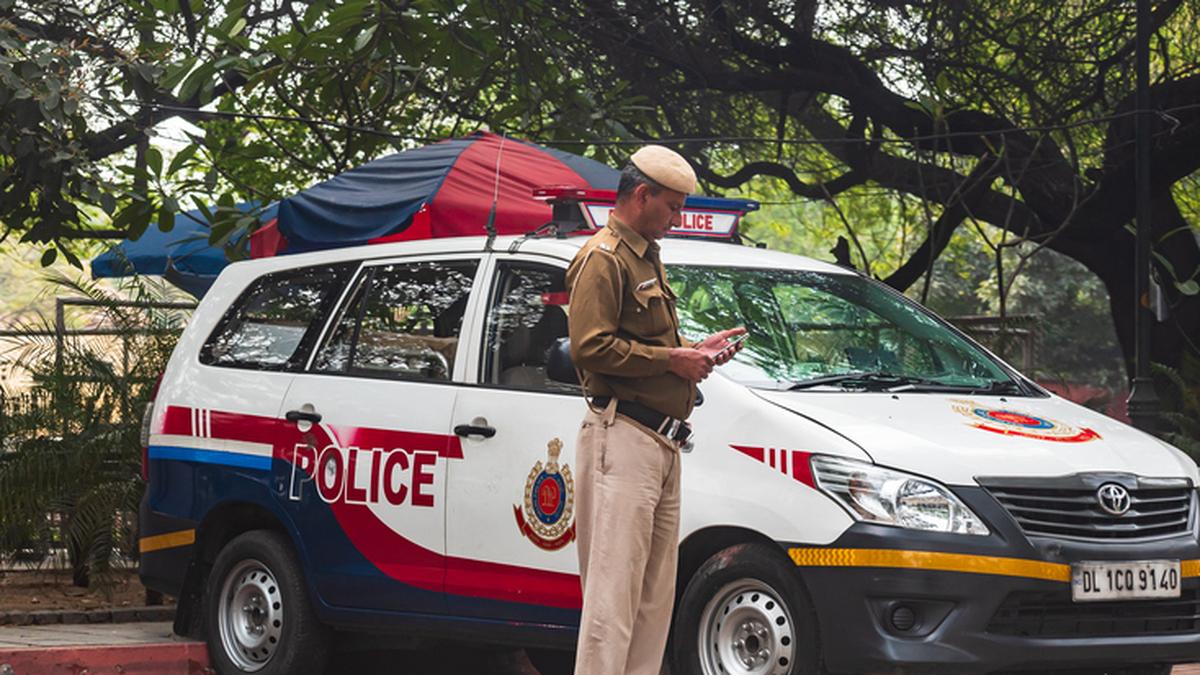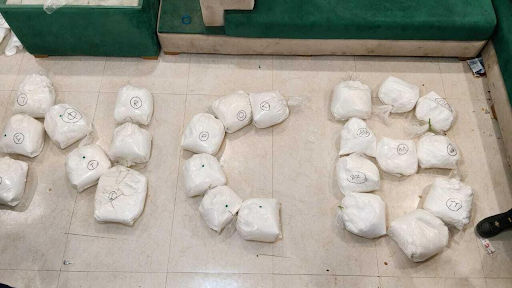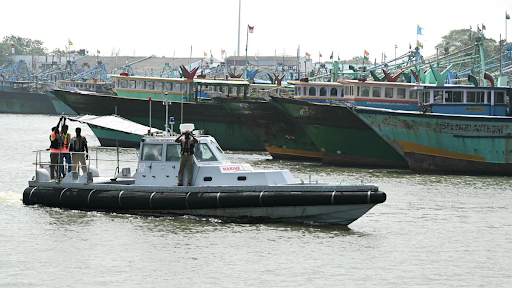Description

Source: PIB
Disclaimer: Copyright infringement not intended.
Context
Union Home Minister will attend 54th foundation dayof Indian police's think tank Bureau of Police Research and Development on August 28.
Details
- The Bureau of Police Research and Development is an agency in the Ministry of Home Affairs for carrying on the modernization of police forces, research in policing, and training of police personnel in India.
- It is the brainchild of the practical steps undertaken in 1970 after the internal security situation arose in Jammu and Kashmir, Punjab, and Bengal.
Evolution of BPR&D
- 1966: The Police Research Advisory Council was established to meet the newly felt needs of the police.
- 1970: BPR&D came into being and replaced the Police Research Advisory Council.
- Early Structure: The BPR&D had initially two major divisions, namely:
- Research, Publication & Statistics Division: Related to research and publication on aspects relating to policing.
- Development Division: The division is engaged in the development and modernization of police forces.
- Expansion and Reorganization:
- 1973: The Training Division came out through recommendations of the Gore Committee, 1971 on police training, recognizing an organized and regular training of police personnel became necessary.
- 1995: Correctional Division was established to look into issues concerning prisons and prison reforms to extend further what BPR&D mandate covers.
- 2008: The National Police Mission was added to the bureau's portfolio, with the Development Division being reconstituted as the Modernisation Division to reflect the evolving paradigm of police modernization to meet the emerging challenges.
- Present Structure:
- Divisions
- Research Division
- Modernisation Division
- Training Division
- Correctional Division
- National Police Mission
- Institutions
- Central Detective Training Institutes (CDTI): Based at Kolkata, Hyderabad, Chandigarh, Ghaziabad, and Jaipur, these institutes impart specialized training in detective work and forensic sciences.
- Central Academy of Police Training, Bhopal: The mandate of CAPT is advanced training for personnel.
- The Union Home Minister laid the foundation stone for a new Central Detective Training Institute in Bengaluru in December 2022.
- Further, the Bureau is considering two additional CDTIs at Srinagar and Agartala to further expand the training infrastructure.
Committee on Police Training (Gore), 1974
The main thrust of the Committee’s recommendations was towards enlarging the content of police training from law and order and crime prevention to greater sensitivity and understanding of human behavior, imbibing communication skills, and developing attitudes that promote service-oriented activities. The Gore Committee on Police Training was set up to review the training of the state police from constabulary level to IPS level. The Committee made 186 recommendations, 45 related to police reforms. The recommendation that relates to police training has primarily been implemented. However, the reforms relating to the structure of the police system have, on the other hand, been overlooked.
|
Sources:
PIB
|
PRACTICE QUESTION
Q: Consider the following statements with reference to the recommendations of the Gore Committee on Police Training:
1.It advocated the inclusion of criminology and sociology in the police training course.
2.It proposed the establishment of a central training institute to uniformly train officers across all states in India, which was later materialized as the National Police Academy in Hyderabad.
3.The committee's report criticized the lack of focus on human rights education in police training.
Which of the above statements are correct?
(a) 1 only
(b) 1 and 3 only
(c) 2 and 3 only
(d) 1, 2, and 3
Answer: (b)
Explanation:
- Statement 1 is correct: Gore Committee recommended the addition of criminology and sociology subjects so the police would be better equipped with the knowledge of how society functions.
- Statement 2 is incorrect: The National Police Academy at Hyderabad was established much before the Gore Committee's report. Its recommendations di include improvement in the training institutes, but NPA was not a result of them.
- Statement 3 is correct: The committee did highlight the need for human rights education, which in later years was being increasingly felt essential for police training.
|












